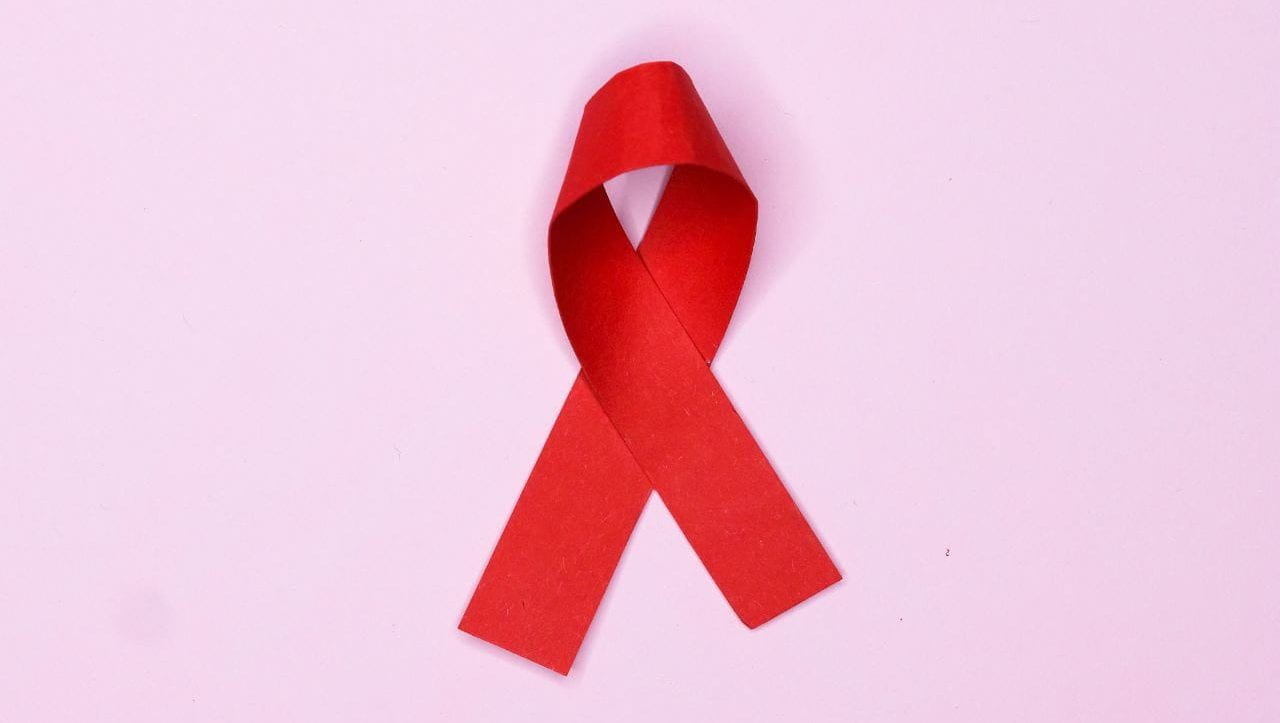Guest blog by Masindi Mashapha
PDIA is influencing my outlook at a personal level because how I am managing my PhD study has changed drastically. While using the project management processes, I try and balance time and quality. I use learning and leads, moreover the iteration that brings different, improved, sometimes confusing results.
From the 25th – 29th of September, 2022, I attended the academic conference organized by the South African Public Administration and Management. I presented a conference paper around public policy implementation challenges with PDIA as a theme. The majority of scholars were impressed and as such I was invited to present to Limpopo provincial policy council on the 24th of November, 2022.
This is already depicting the contribution to scholarship. Registering for IPP has changed my perspective on how I understand public policy implementation challenges. It has reaffirmed that South Africa has well thought policies however there are still glaring implementation gaps.
I use the fishbone in managing programme challenges. My goals are towards building a capable state that is willing to risk with multiple stakeholders for communities they care about. The society that is participating in solving their own challenges take ownership in bettering their lives. I am using plan and control with the non-profit organizations that have been trained on psychosocial support and social and behaviour change programmes.
The method does not only help them on programmatic problems but also on administrative processes such as funding applications and day to day running of the organizations. The monitoring visits that are conducted to the funded NPOs are based on PDIA because I am trying to make the agents understand that the local problems have local solutions and the more they engage the problems, the better the situation.
This is different from normal monitoring routines because this emphasizes the importance of intentional learning and its repercussions.
As the funded NPO’s are leading communities on behalf of the Department of Social Development, I trained them on leadership as outlined by Wilkinson. This assists daily because perceptions by people affect how we manage processes.
I remain optimistic that HIV among adolescent girls and young women will eventually be something of the past. Projection of what they are working toward is always driving their efforts.
This is a blog series written by the alumni of the Implementing Public Policy Executive Education Program at the Harvard Kennedy School. Participants successfully completed this 6-month online learning course in December 2022. These are their learning journey stories.
